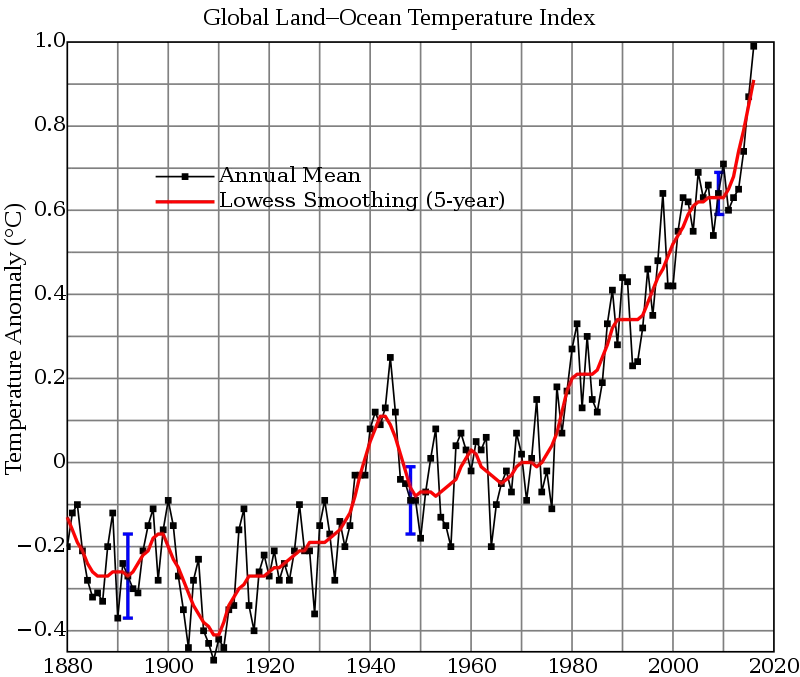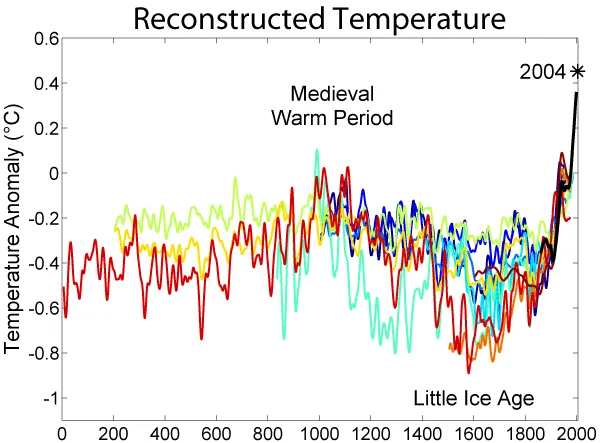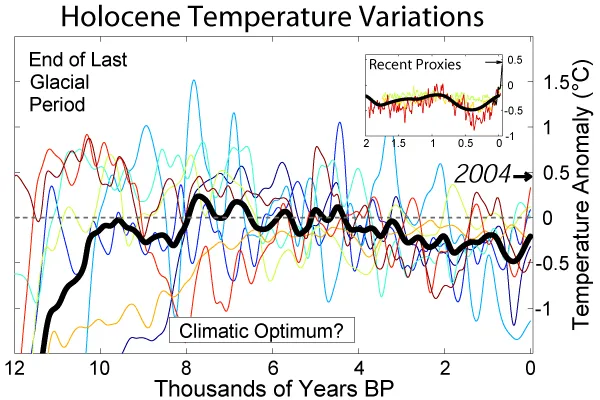I’m no expert climatologist, but if I was, I would apparently be terrified about the times ahead.
But again, I am. truly. no expert. on this subject. I know the basics of greenhouse gas effects, but past that, I have very little understanding of climatology. I invite anyone to challenge this post, and I promise that if you can convince me to care about climate change, I will thank you and delete this post.
But this is not the first time I’ve been open to this subject. I have invited several people to convince me of the woes ahead, and my all-knowing Facebook friends seem to have little to offer, and the very fact that I’m even skeptical about climate change tends to attract a lot of negative attention. If I were to openly reject that water is wet, sure I would get a great deal of negative attention, but there would at least be someone there to point me to the nearest fountain. This subject is much more complicated than the wetness of water, yet I still seem to attract the same amount of negative attention, and no one points to proof. They simply say, “experts agree,” and proceed to call me a denier. This makes this whole subject seem very dogmatic. I feel like I’ve seen this movie before.
I’m somewhat skeptical of experts, but I have my reasons. At what point is someone granted the title, “expert?” After you’ve written x number of papers, taught for x years, or spoken at x events? Sometimes it’s none of these things; sometimes it’s simply finding a way onto television. In Tim Ferris’s book, “The Four Hour Workweek,” he has a whole chapter called “How to Become an Expert in Four Weeks.” The chapter outlines how to get on television with the label, “expert,” regardless of your true intelligence on the subject.
That being said, apparently 97% of climate experts agree that humans are a significant cause of climate change. This was the result of a collection of over 12,000 peer-reviewed papers between 1991 and 2011 on the subject of climate change. Apparently the vast majority agreed that humans are the cause. The conductors of this survey also claim “the greater the climate expertise among those surveyed, the higher the consensus on human-caused global warming.”
There is also tremendous controversy over this survey. Many people claim that this survey is very misleading, due to the methods of how all these peer-reviewed papers where analyzed. You see, it’s not like every person who wrote a paper about climate change stamped “Agree”/”Does Not Agree” at the top of each. The conductors of this survey apparently didn’t go around and physically ask these experts whether they agreed or not. Some experts claim that their papers were used incorrectly:
“Cook survey included 10 of my 122 eligible papers. 5/10 were rated incorrectly. 4/5 were rated as endorse rather than neutral.” — Dr. Richard Tol
“That is not an accurate representation of my paper . . .” — Dr. Craig Idso
“Nope . . . it is not an accurate representation.” — Dr. Nir Shaviv
“Cook et al. (2013) is based on a strawman argument . . .” — Dr. Nicola Scafetta
A Forbes article attempted to fact check this survey to the best of their ability, and claims that the consensus is probably somewhere around 80%.
Not to mention, with the claim: “the greater the climate expertise among those surveyed, the higher the consensus on human-caused global warming,” how does one determine “climate expertise?” I can easily determine the skill of a dart board player, but it’s quite a different thing to prove who knows the most about something; I assume there was a great deal of opinion involved in that claim.
But really, what does this prove? This a logical fallacy, to appeal to common belief. I, the person attempting to be rational about this, am still at square one. This does not actually explain to me why climate change needs to be addressed, yet, this is what I hear most often from climate change proponents: that experts agree.
These claims are not new; Al Gore said the arctic would be ice free by 2016. I’m not saying anyone should have ever trusted Al Gore, but why is it that someone is always claiming, “we have five years to act!” And why don’t we use the term global warming anymore? For a long time, the scare was global warming, but it seems we’ve dropped that title for the more vague and convenient title, “climate change.” As an outside observer, this signals to me that the term, global warming, was not convincing enough. Why is that?
Well, how much have temperatures actually risen? …1.5 degree Fahrenheit?… Over the last 130 years?… You can’t even put an ‘s’ on degree, it’s hardly plural. Why does that seem… exactly like I would expect?
I would think, unless the sun suddenly exploded, that temperatures would naturally rise and fall at exactly this rate. Big changes usually take long periods of time.
It seems we don’t have the most accurate temperature information until around the 1850s. Based on what I’ve been reading on Wikipedia, before the 1850s, our measurements are mostly educated assumptions based on indirect methods. We do have some information about average global temperatures even as far back as 12,000 years ago. What’s humorous about this information is that the farther you zoom out of the graph, the more normal the graph becomes, meaning, this isn’t some unprecedented event in history.



I just copied and pasted these pictures from the climate change Wikipedia page. They all seem to be from credible sources.
Notice as you zoom out, you start to see that the graph becomes much more normal, and the hockey stick shape disappears. The temperature graphs that we are constantly bombarded with by climate change proponents seem to be small snapshots of history, and are visually misleading. If we lived in the 1800s with the same technological advancements that we have today, it seems we could make the claim that we are heading for a new ice age, and that we only have five years to act!
There is, of course, still something to be said at least, about this more recent temperature phenomenon. But again, these temperatures have happened before, and humans are still around today. It still seems to me that it’s not clear whether humans are the overwhelming cause for these changes. And really, even if we are, it doesn’t seem like we’re doing much. The Earth is not going to unhinge from its axis. Winter may just be more enjoyable.